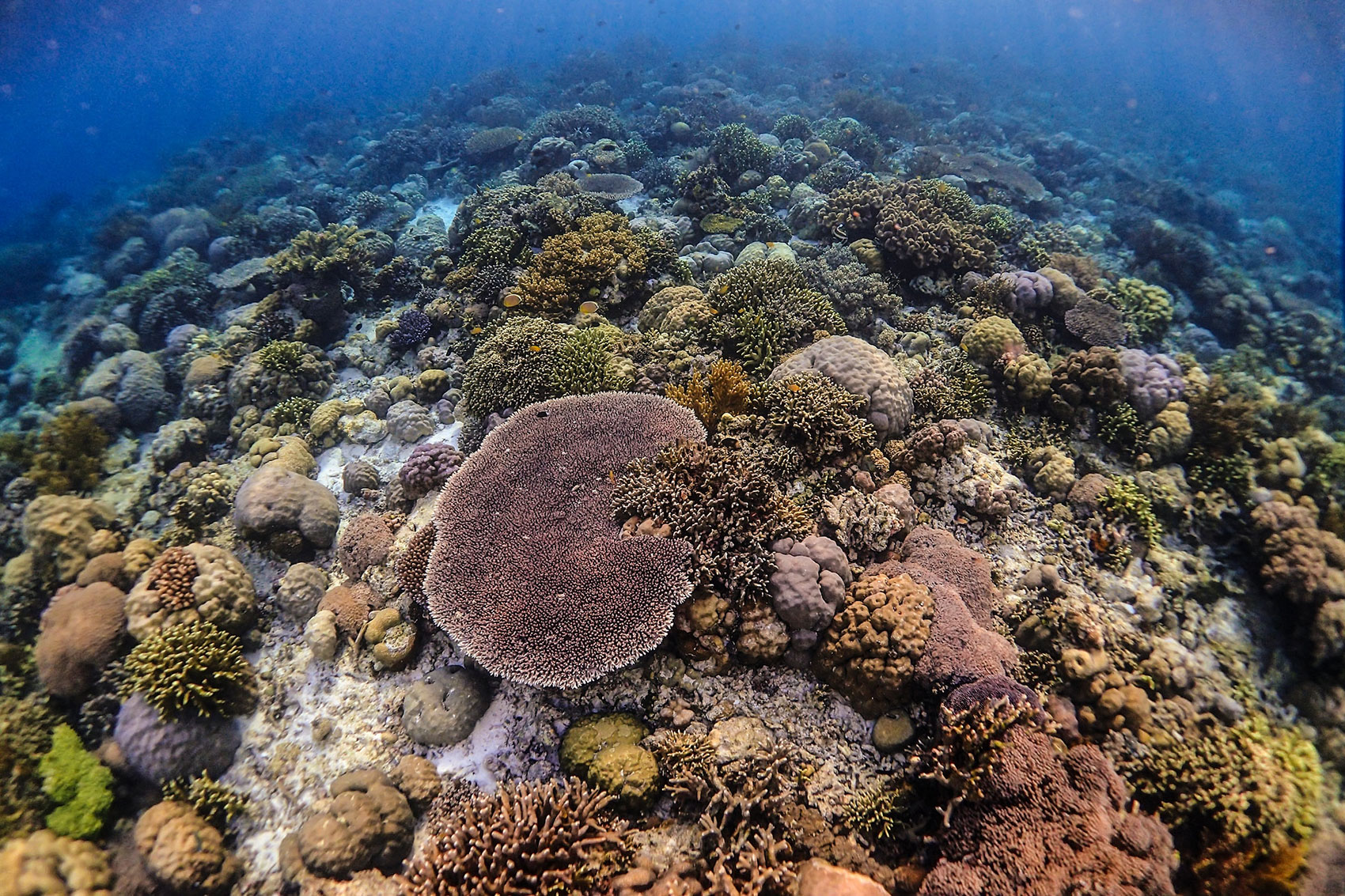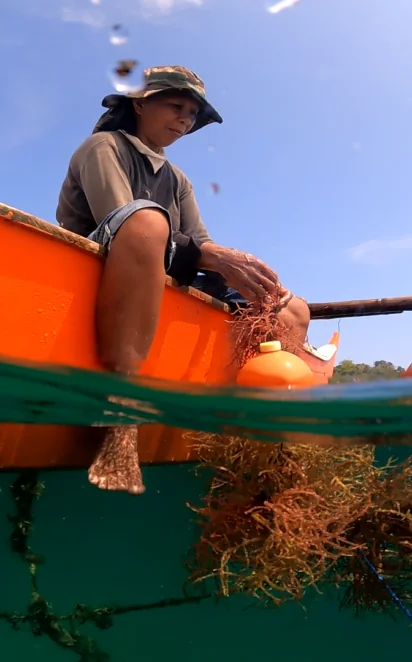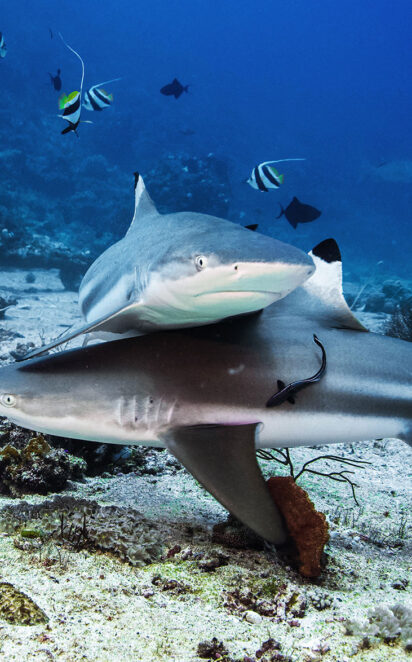Reducing vulnerability in coastal communities with coral reef insurance
Project Lead: UNDP
Supporting Partners: Swiss Re
Financial Support: The UK’s Blue Planet Fund
Location: Indonesia
Project Timeline: Ongoing (2024-2025)
Summary
UNDP is creating parametric/hybrid insurance products to protect and restore coral reefs, while strengthening the financial resilience of communities dependent on reef-related sectors such as fishing and tourism.
Indonesia’s coral reefs are natural coastal assets that support the livelihoods of communities and provide protection against extreme weather events. To protect them, the UNDP’s Insurance & Risk Finance Facility (IRFF), in collaboration with Swiss Re, is partnering with the Indonesian government and the insurance industry to develop a sustainable, long-term insurance solution. Additionally, the project aims to generate knowledge products to scale similar insurance models in Indonesia and other reef-rich regions while creating opportunities for local insurers to diversify offerings and contribute to coastal resilience.
Projected Impact
With ORRAA’s support through the UK’s Blue Planet Fund, this project aims to:
– Support 20,000 people
– Train 5,000 people
– Leverage USD $2,500,000 of investment
Challenge
Indonesia’s marine ecosystems and reefs face pressure from fishing and tourism activities that foster economic growth. The country also ranks as one of the top 20 countries most susceptible to climate disasters1, which can damage the reefs that local communities rely on. As coral reefs serve as primary attractions for tourists and provide a multitude of ecosystem services, including contributing to 5 per cent to Indonesia’s GDP alongside employing approximately 13 million individuals2. The need to protect reefs to preserve the economic integrity of local communities has become ever more important.
Solution
UNDP’s coral reef insurance programme aims to reduce the vulnerability of low-income coastal communities to climate disasters. Simultaneously, the programme seeks to establish a mechanism for repairing reef structures in post-disaster scenarios.
Together with project partners, UNDP identified potential target sites in Gili Matra Islands (Gili Mano, Gili Air, and Gili Trawangan) in West Lombok to implement the insurance. These sites are ideal candidates for an effective insurance mechanism, since the daily incomes are below USD $15, and rely primarily on industries such as tourism, agriculture, seaweed cultivation, fishing, and aquaculture.
Scaling and Next Steps
UNDP and Swiss Re have collaborated with the Indonesian government and the insurance industry association over the past two years. The support provided by ORRAA between 2024-2025 will develop and implement a sustainable long-term premium funding model for the Indonesian government, as well as generate robust knowledge products on scaling such type of insurance in Indonesia and other countries in the region with coral reefs. It will also involve establishing a Conservation Trust Fund and the necessary governance structures.
[1] Climate Change Knowledge Portal by the World Bank
[2] Tourism Trend and Policies 2020 by OECD; Tourism’s contribution to Indonesia’s GDP can grow higher by PwC




